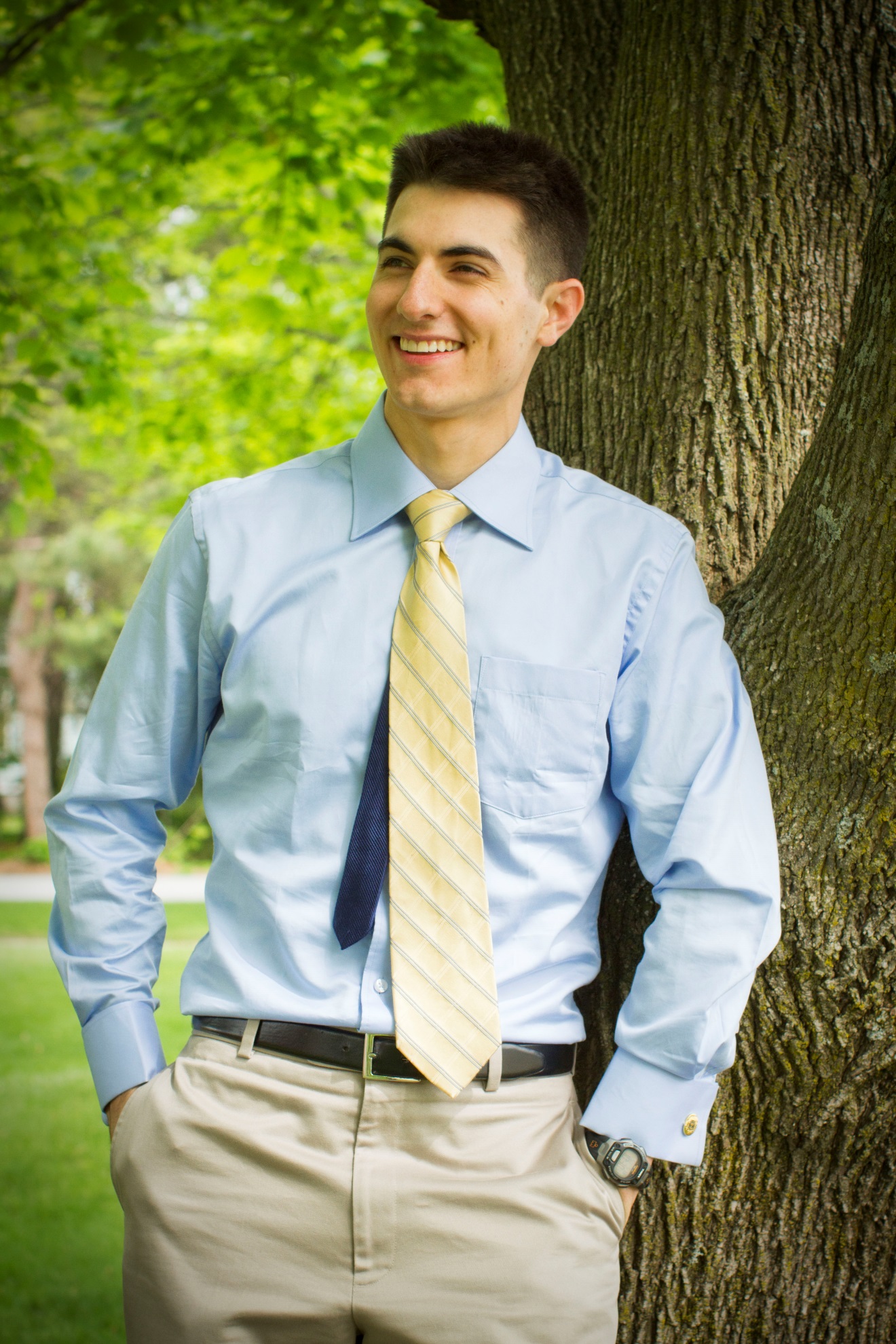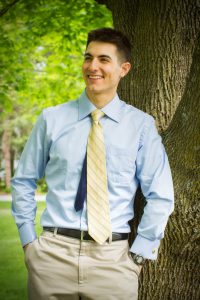From the time I was about fourteen, my dream has been to graduate from Harvard Business School, get a high-powered job on Wall Street as an investment banker, and then get rich or die trying. In my immature mind, I thought that money equaled fulfillment in life.
That all changed when, in 2008, I dropped out of the Naval Academy, and decided to serve as a missionary for my church. I was sent to South Korea, where I spent two continuous years without returning home.
I gave all of myself to serving the people of Korea. Through a myriad of service activities ranging from spiritual counseling, to helping people move, to snow-shoveling, farm-work, teaching at an orphanage, working as a translator, to assisting the mentally handicapped, I truly grew to love the Korean people.
I remember going to bed every night as a missionary absolutely exhausted after a hard day’s work, yet feeling my heart was about to burst with gratitude and satisfaction, absolute satisfaction for the service I was performing. I felt true fulfillment that fundamentally changed me. I have come to understand that love was the source of my fulfillment, the truest form of love being charity.
I believe in charity.
Consider the following words spoken by a spiritual leader to a dying civilization on the verge of being completely destroyed almost two thousand years ago. I often think, of all the words he could have chosen to speak, why these words? Why this message? The following has defined my current life and thinking in a major way. I’ve inserted my name into the quote to personalize it, and I invite you to do the same:
“If [Greg – INSERT YOUR NAME] be meek and lowly in heart, he must needs have charity; for if Greg has not charity he is nothing; wherefore Greg must needs have charity. And charity suffereth long, and is kind, and envieth not, and is not puffed up, seeketh not her own, is not easily provoked, thinketh no evil, and rejoiceth not in iniquity but rejoiceth in the truth, beareth all things, believeth all things, hopeth all things, endureth all things. Wherefore, Greg, if you have not charity, you are nothing, for charity never faileth. Wherefore, cleave unto charity, which is the greatest of all, for all things must fail—But charity is pure love, and it endureth forever!”
As you can tell, the charity of which I speak is not merely a kind act of service, a free handout, or a superficial love; it is something much deeper than that. Possessing charity is not a checklist and is not about the person performing the charity. It is inherently unselfish. It is about what you can give and not what you receive. It is remembering that all that you take with you is that which you’ve given away. It is about becoming something.
I believe we all must become a personal savior to someone else in order to truly develop charity and understand this purest of all forms of love. And in order to become someone’s personal savior, you must know them intimately.
I believe it involves working for them, doing everything you can to make them truly happy, sacrificing for them, and completely losing yourself in their well-being. Then the time will come that you are called to provide a service that only you qualify to provide, that saves their very life, and indeed their soul. It will arise in a circumstance you might not fully anticipate and cannot prepare for. Developing charity is not just something good to do. It is central to the very purpose of life.
Developing this kind of love for others is very simple. Listen to your conscience. Get in touch with your inner self through deep thought, pondering, meditation, yoga or whatever works for you. Listen to that still, small voice that is your conscience inviting and enticing you to do good.
If we connect with that inner voice, or become at-one with it, it will teach us how best to love, to serve, to be a good spouse, parent and sibling. Indeed it can tell us all things we must do while here on earth including how best to be spending our precious time.
As we connect with the voice, manmade barriers of race, religion, language, political and sexual orientation, geographic difference, education level, occupation, etc. all will come crashing down and we will realize we are all one.
We will come to realize that we have no enemies as our conception of “the other” disappears. There need not be an “other.” This realization will change the way we treat each other.
In my own life, I have tried to put this principle into practice by asking myself, “What barriers are in between me and those among whom I live daily?” I strive to tear them down by first identifying my version of “the other.” Then I spend time trying to understand this person in a meaningful way – usually by sharing a meal together. And without fail, I have found that whoever previously was my “other” really is not that different from me and has now become a friend.
So fellow graduates, I would submit to you that love is the answer. Love conquers all. Love is a principle of action and is manifest in service for others. Let us all support one another in developing this truest form of love and applying it in our lives.
Such love can be operationalized as follows:
As you approach your next job, relationship, program, or assignment, start by asking yourself, “What can I give?” and not “What can I get?” Then listen to what your conscience tells you in response.
If you have the courage to follow that still, small voice for good; I promise a deeper sense of fulfillment and purpose will come into your life. The love for those around you and the service that will follow will be more fulfilling to you than all the money in the world. Trust me.
Greg Pavone served as a missionary for the Church of Jesus Christ of Latter-day Saints for two years in Seoul, South Korea before coming to Harvard Kennedy School. He graduated with distinction in Honors Economics and Chinese Language from the United States Naval Academy.

